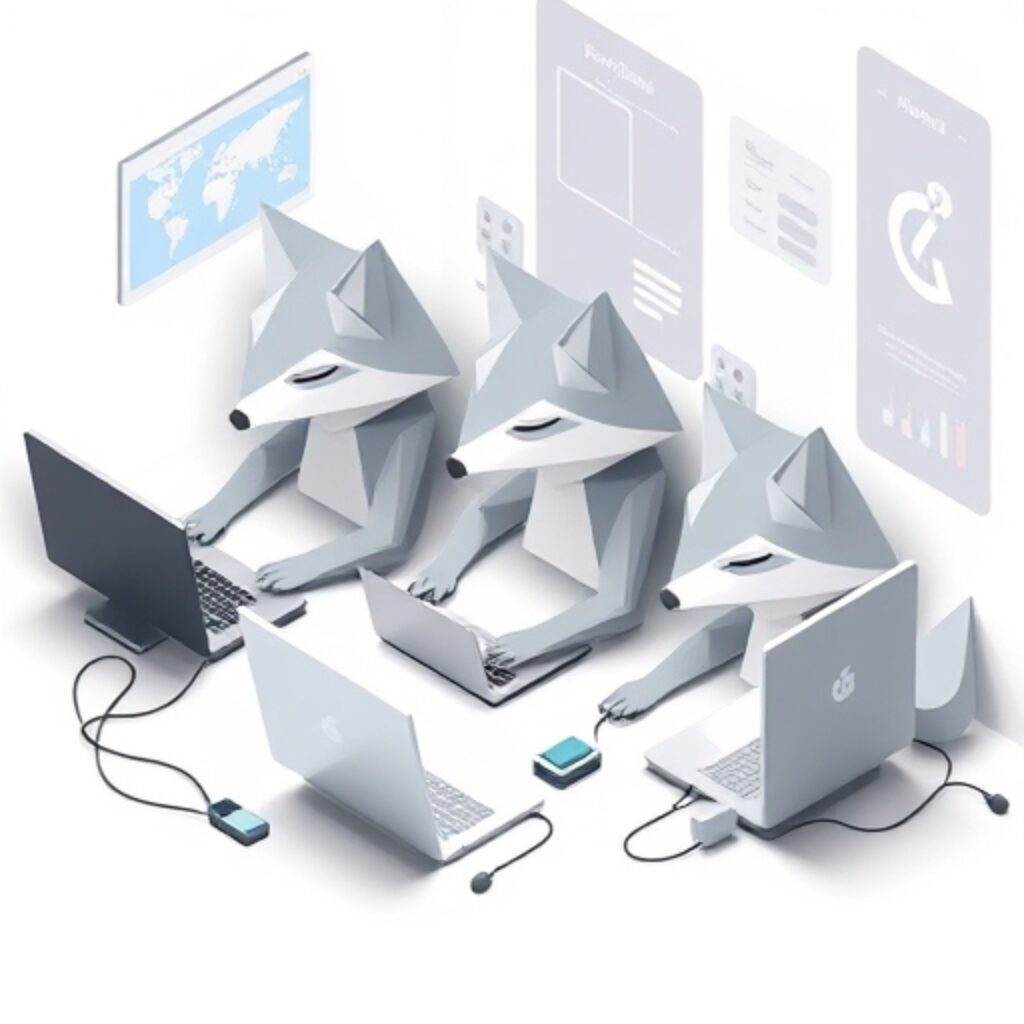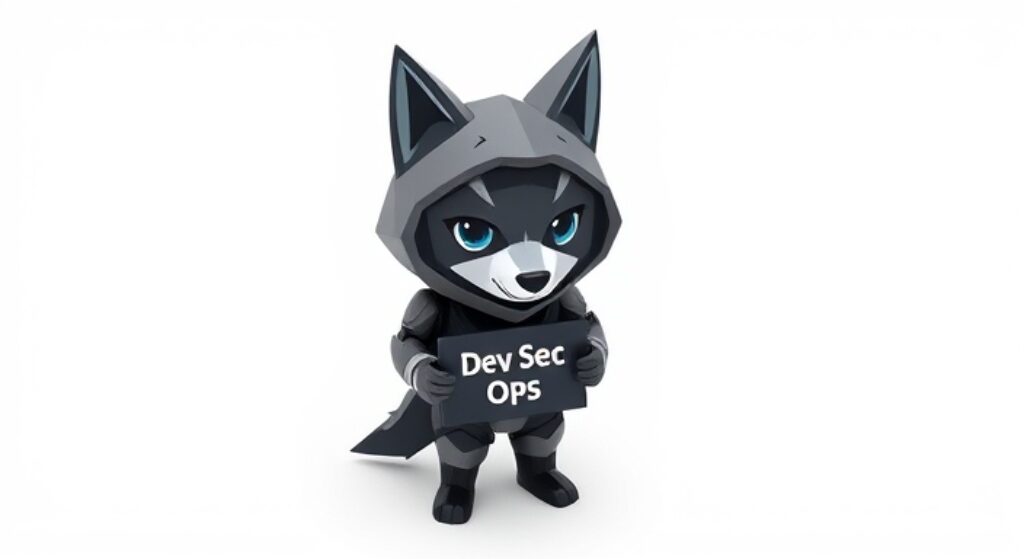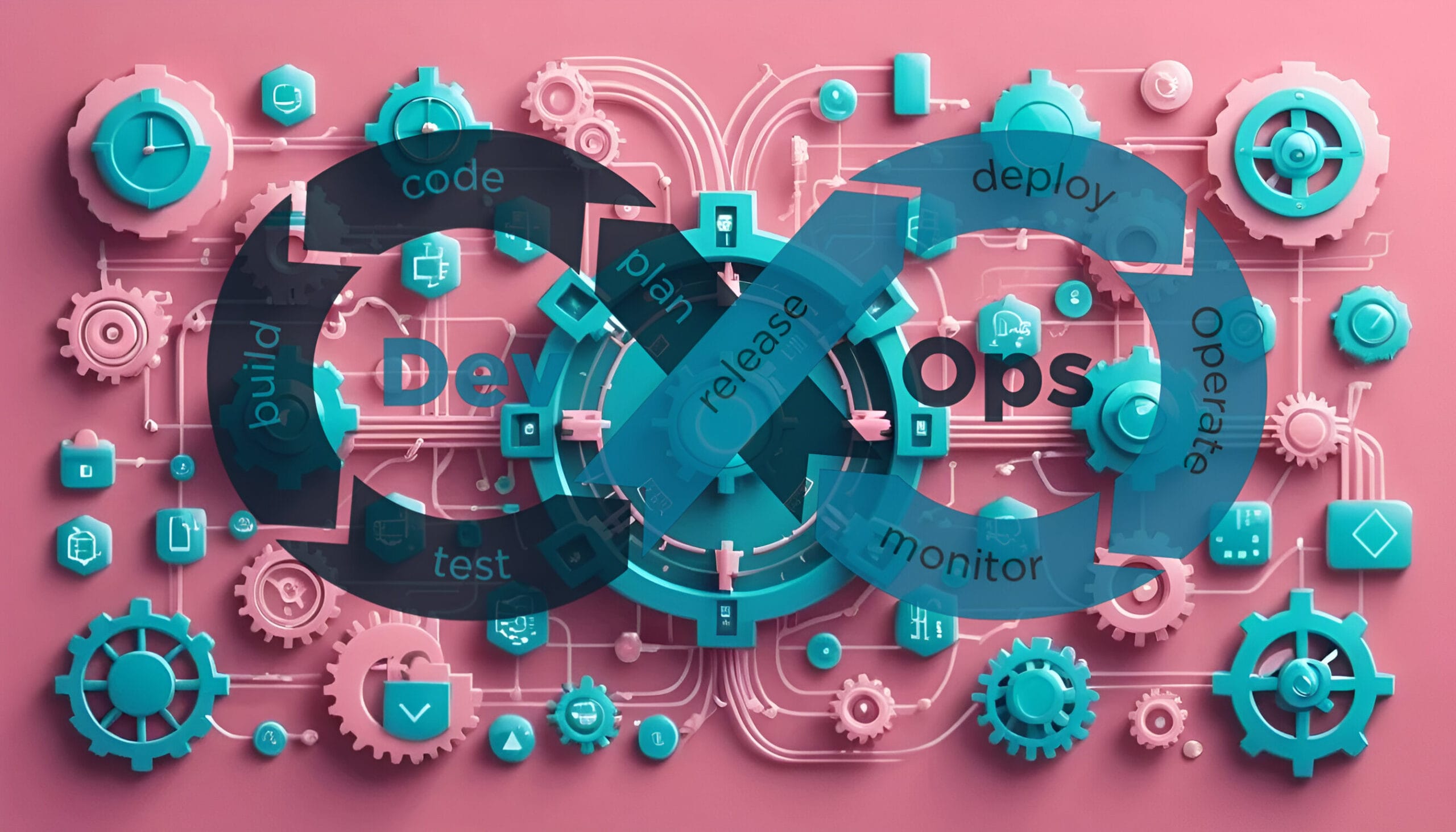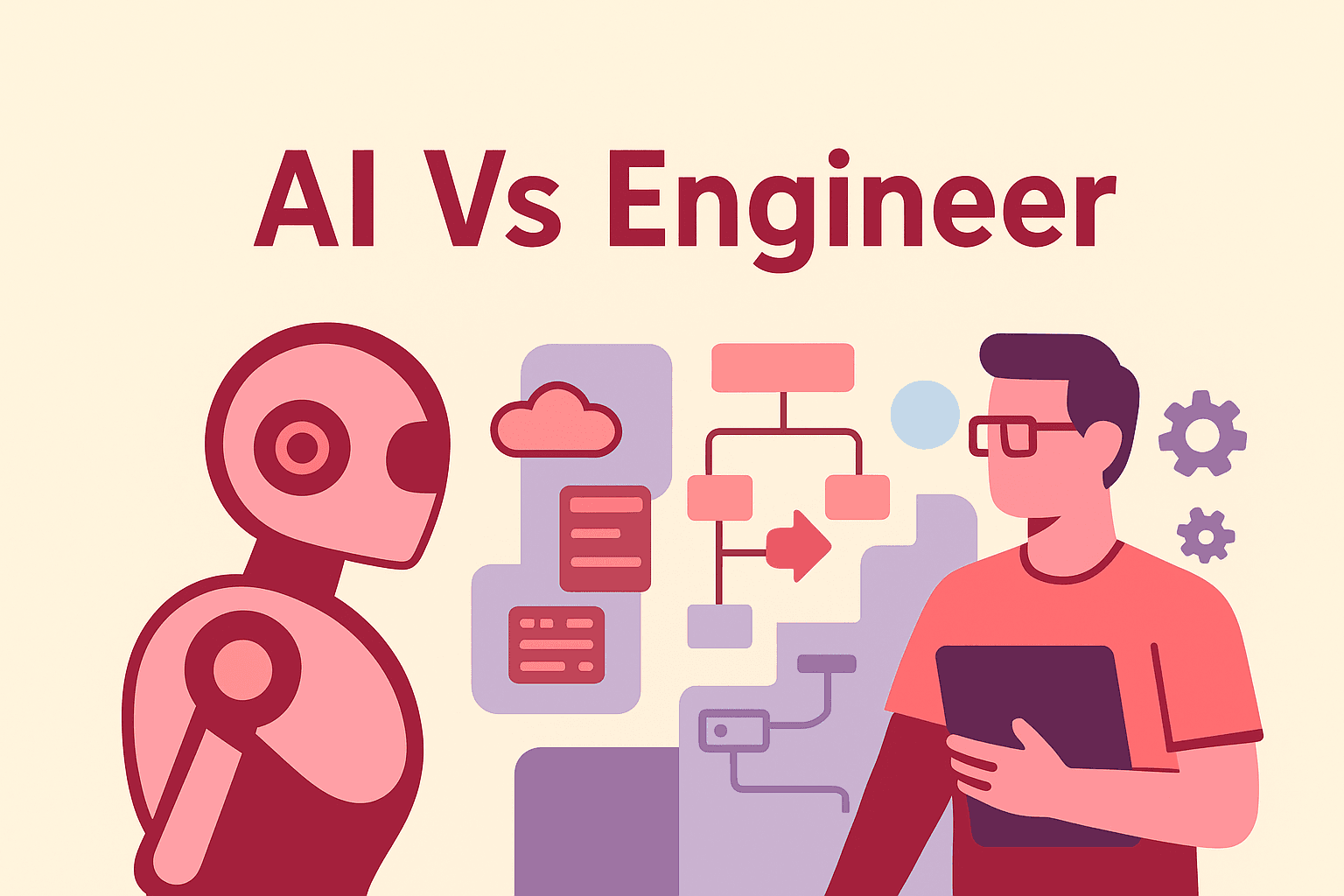Imagine a world where development teams and operations teams worked in silos, constantly at odds, and software delivery crawled at a snail’s pace. This was the reality before DevOps revolutionized the industry

In the fast paced world of software development, it’s easy to believe that DevOps is all about tools like Kubernetes, Jenkins, Docker, AWS, and Azure. However, while these tools are important, DevOps is much more than just the technology. At its core, DevOps is a culture rooted in principles designed to foster collaboration, streamline workflows, and speed up delivery cycles. Ultimately, DevOps is about transforming how teams work together not just the tools they use.
The true value of DevOps lies not in the tools themselves, but in how they enable you to :
- Deliver applications smoothly and reliably
- Scale infrastructure efficiently
- Detect and address issues early
- Foster collaboration across teams
- Continuously improve processes and systems
In this article, we’ll explore the principles that define successful DevOps practices. We’ll also address common misconceptions, share real world examples, and provide actionable steps to implement DevOps in your organization.
The Core Principles of DevOps
To make the most of DevOps, it’s crucial to understand the principles that drive its success. These principles go beyond just tools and technologies they create a culture of collaboration and high performance.
Here are the essential principles that make DevOps work:
i. Intelligent Automation: Simplify and Optimize
Automation is a cornerstone of DevOps. It eliminates repetitive tasks, enhances consistency, and speeds up processes like building, testing, and deploying. But remember, automation should simplify, not complicate..

Real World Example:
A leading online retailer automated deployments using Jenkins and GitLab CI/CD pipelines, reducing manual work and enabling multiple daily updates, boosting customer satisfaction.
ii. Proactive Monitoring: Stay Ahead of Issues

DevOps is about spotting issues before they become problems. Proactive monitoring helps detect bugs, bottlenecks, and vulnerabilities early, minimizing downtime and speeding up recovery.
Real-World Example:
Netflix uses Prometheus and Grafana to monitor system performance, catching issues before they affect users.
iii. Efficient Scaling: Handle Demand Dynamically
As your business grows, DevOps helps scale infrastructure based on demand. Tools like Kubernetes adjust resources automatically during peak times, ensuring seamless performance.

Real-World Example:
A major e-commerce platform uses Kubernetes to automatically scale during high traffic events like Black Friday, ensuring smooth operations.
iv. Integrated Security: Build Security from the Start (DevSecOps)

Security is built into DevOps, not tacked on at the end. By integrating security from the beginning, teams catch vulnerabilities early, reducing risks and ensuring secure applications.
Real-World Example:
A financial institution uses tools like Snyk and SonarQube in their CI/CD pipeline, identifying and fixing vulnerabilities faster, leading to more secure deployments.
v. Continuous Improvement: Iterate and Evolve
DevOps thrives on continuous improvement. Teams constantly refine processes and tools, using feedback to adapt and enhance performance over time.

Real-World Example:
After a major incident, a global tech company held a post mortem, using insights to improve their monitoring and deployment pipeline, reducing future incidents.
Addressing Common Misconceptions About DevOps
DevOps is often misunderstood. Many people think it’s just about automation or tools. However, there’s much more to it. Let’s address some common misconceptions:
- Misconception 1: “DevOps is just about automation.”
Reality: While automation is a key part, DevOps is also about fostering collaboration between development, operations, and security teams, and creating a culture of continuous improvement. - Misconception 2: “DevOps means no more manual work.”
Reality: DevOps doesn’t eliminate all manual tasks. Rather, it focuses on automating repetitive tasks so teams can focus on more valuable work. - Misconception 3: “DevOps is only for large organizations.”
Reality: DevOps practices are scalable. They can be implemented in teams of any size. In fact, smaller teams often benefit the most from the efficiency gains DevOps provides.
How DevOps Benefits Different Teams
DevOps isn’t just useful for development teams it benefits everyone. Here’s how different teams thrive in a DevOps environment:
- For Developers: Automation and CI pipelines provide instant feedback on code, leading to faster releases and fewer bugs.
- For Operations: Automation and better monitoring allow operations teams to focus on managing infrastructure and maintaining system health, rather than fighting fires.
- For Security Teams: Integrating security from the start helps teams stay ahead of vulnerabilities, reduce risks, and ensure compliance.

Getting Started with DevOps: Actionable Next Steps
Ready to implement DevOps within your team or organization? Here are practical steps to help you get started:
- Foster collaboration: Break down silos between teams and encourage open communication and shared responsibility.
- Start small: Focus on automating one process such as deployment and improve it over time.
- Focus on automation:Automate repetitive tasks, starting with build and deployment pipelines.
- Invest in monitoring and feedback loops: Use real-time monitoring tools and set up continuous integration (CI) and continuous delivery (CD) pipelines to catch issues early.
- Iterate and improve: Regularly assess your processes using feedback and performance metrics to guide continuous improvement.
Key Takeaways

- DevOps is about principles, not just tools.
- The real value of DevOps lies in the principles of collaboration and continuous improvement.
- Key principles include automation, proactive monitoring, efficient scaling, integrated security, and continuous improvement.
- DevOps is scalable for teams of all sizes.
Making it suitable for organizations of all sizes, from startups to large enterprises. - Start small, automate strategically, and continuously iterate.
Begin with manageable changes, focus on automation, and always improve based on feedback and metrics.
In conclusion, DevOps is not a one time implementation, but an ongoing cycle of improvement and collaboration. By embracing its core principles and nurturing a culture of teamwork, your organization will be set for long term success.





[…] and these losses keep growing. Our development team, like many others, has moved from traditional DevOps to a security-focused DevSecOps […]